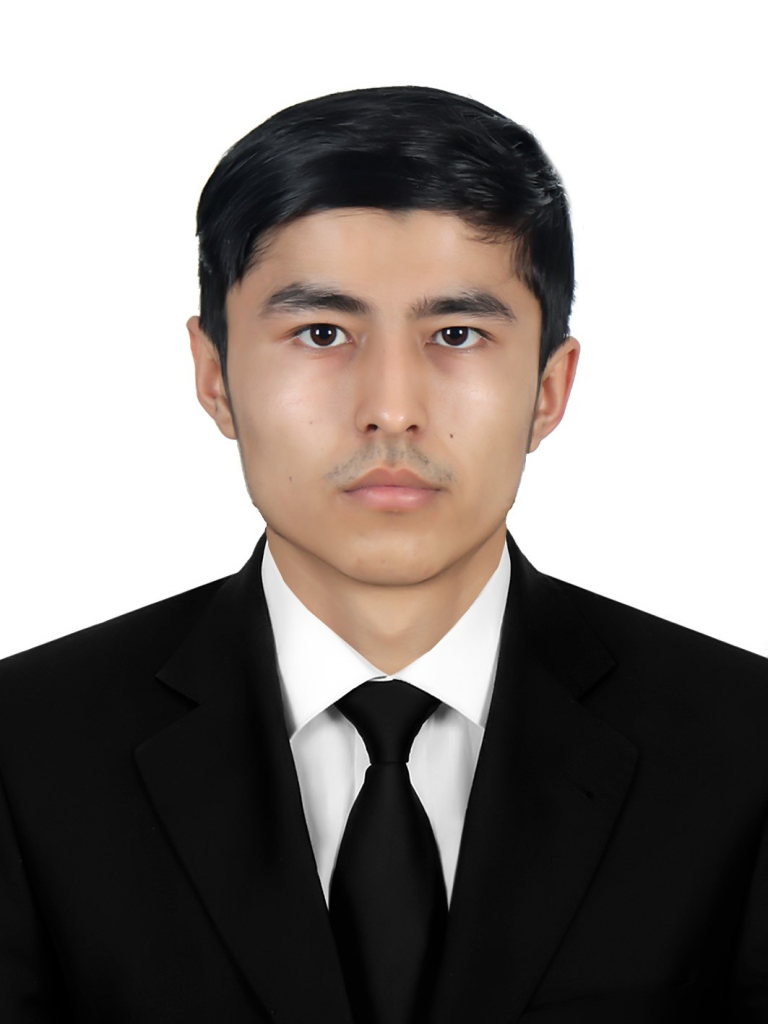
INCLUSIVE EDUCATION IN FOREIGN LANGUAGE TEACHING AND DEVELOPMENT: CORE PROGRAM INITIATIVE
Author: Turg‘unov Jonpo‘lat Olmosbek o‘g‘li (Independent Researcher, Buloqboshi District, Andijan Region)
Abstract
This article explores modern approaches and programmatic foundations for advancing inclusive education, particularly in foreign language teaching. It emphasizes creating accessible learning environments for students with disabilities, employing adaptive methodologies, leveraging digital technologies, and honoring humanitarian principles. The paper presents current challenges and proposes solutions, advocating for effective integration of inclusive strategies into foreign language instruction. It also offers concrete suggestions and innovative ideas essential for implementing inclusive and differentiated instruction.
Keywords: Inclusive Education, Foreign Language Teaching, Teaching Methodology, Digital Technologies, Differential Instruction, Educational Equity, Pedagogical Adaptation, National and International Methodologies, Collaborative Initiatives, Inclusive Education Innovation
Introduction
Inclusive education—enabling students with diverse needs to learn in a unified classroom—is grounded in human rights, social justice, and equality. The 2006 UN Convention on the Rights of Persons with Disabilities (CRPD) enshrines the right to inclusive education . In Uzbekistan, the 2020 amendments to the Education and Disability Rights laws provide a legal basis for inclusive practices, including in foreign-language instruction .
Core Program Principles for Inclusive Foreign Language Teaching
- Differential Instruction: Teaching strategies and materials (e.g., audio, Braille, CEF-aligned subtitles) are adapted to each student’s physical or sensory needs.
- Adaptive Materials: Multimodal content like pictogram-based dictionaries, audio lessons, and short videos aid comprehension and engagement.
- Technological Support: Tools like screen readers, text-to-speech and speech-to-text, inclusive online interfaces, and virtual reality environments provide equitable access .
- Humanitarian and Psychological Support: Emotional support and psychologically sensitive teaching addressing motivation and resilience are essential for learners with special needs.
Policy and Strategic Framework in Uzbekistan
Since 2021, national initiatives—including the presidential decree promoting inclusive education and the 2022–2026 National Program—have aimed to widen access and infrastructure, develop adapted textbooks, and prepare foreign language teachers for inclusive classrooms . Over 400 inclusive classrooms now exist nationwide, with gradual rollout of adaptive foreign language teaching practices in partnership with organizations like the British Council and UNICEF.
Remaining Challenges
- Teacher Shortage: There are not enough teachers trained to teach foreign languages inclusively. Recommendations include expanding university quotas, improving specialist training, and enabling international exchange programs.
- Resource Constraints: Adapted textbooks, multimodal resources, and supplement tools remain scarce and require development.
- Infrastructure Gaps: Many schools still lack inclusive-supportive technology—especially in remote areas. Establishing specialized learning centers and providing economic and financial support is vital.
- Social Stereotypes: Misconceptions about the abilities of disabled students must be actively dismantled to protect their educational and psychosocial development.
Conclusion
Applying inclusive teaching to foreign languages is integral to modern education. When differential methodology, adaptive materials, technology integration, and compassionate support are combined, all learners—regardless of ability—can access quality education. While Uzbekistan has made significant strides in inclusive policy and practice, further development in teacher capacity, infrastructure, and social awareness is essential for systemic progress.
References:
- Florian, L., & Black‑Hawkins, K. (2011). Exploring Inclusive Pedagogy. British Educational Research Journal, 37(5), 813–828.
- Decree PQ‑81 (Jan 2022). National Program for Inclusive Education 2022–2026.
- Uzbekistan Law on Education, updated 2020.
- United Nations (2006). Convention on Rights of Persons with Disabilities.
- UNESCO (2020). Inclusion and Education: All Means All. Global Monitoring Report.
- British Council resources on inclusive education.
- OECD educational guidelines for inclusive practices.
Turg’unov Jonpo‘lat Olmosbek o‘g‘li was born on December 4, 2007, in Buloqboshi district of Andijan region. He holds a secondary specialized education. He has achieved significant accomplishments and led various projects in the fields of ecology, socio-economics, and inclusive education. His articles have been published in more than 10 international journals. Currently, he is fluent in four languages.

Pingback: Synchronized Chaos Mid-August Issue: Layers Upon Layers | SYNCHRONIZED CHAOS